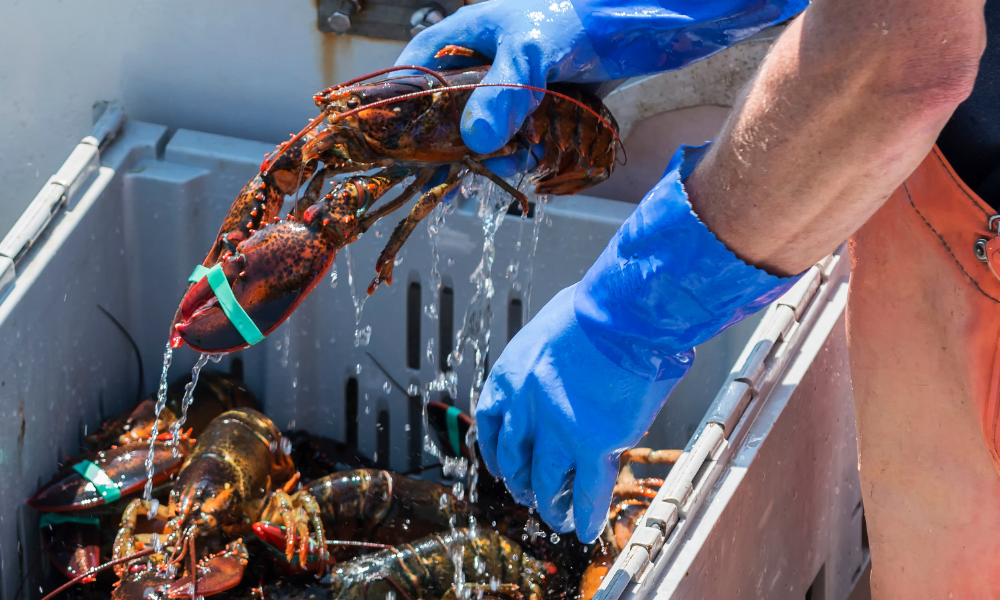
The reduction in total allowable catch failed to address damage caused by overfishing, court rules

The High Court ruled that the 2023 decision on Northland’s red rock lobster catch limits was unlawful, finding that the reduction in total allowable catch (TAC) failed to address environmental damage caused by overfishing, lacked a rational basis, and did not involve adequate consultation with Māori.
The Environmental Law Initiative (ELI) successfully challenged the decision, arguing that the reduction in TAC by 11% failed to effectively address the environmental crisis caused by overfishing. The court found that the changes would not materially impact the spread of kina barrens—areas where kelp forests have been destroyed due to an overabundance of sea urchins following crayfish depletion. The ruling highlighted failures in decision-making based on incomplete advice and inadequate consultation with Māori.
The case follows a 2022 ruling that found the Minister for Oceans and Fisheries had been misled by officials regarding the environmental consequences of crayfish depletion. The loss of crayfish has led to an explosion in kina populations, which in turn have devastated kelp forests, a critical part of the marine ecosystem. The court had previously directed the Minister to reconsider the 2022/23 TAC decision based on accurate information.
In response, the Minister issued a revised decision in March 2023, reducing the TAC from 193 tonnes to 172 tonnes and the total allowable commercial catch (TACC) from 105 tonnes to 89 tonnes. However, ELI challenged the new decision, arguing it remained inadequate and would not reverse the ecological damage.
The High Court agreed, ruling that the TAC reduction was ineffective. Expert evidence showed that an untargeted reduction would not increase crayfish populations in the areas where they were most needed. The court found no rational connection between the TAC cut and the stated goal of restoring kelp forests.
The court also examined the consultation process with Māori under s. 12 of the Fisheries Act 1996. A second applicant, representing two Northland hapū, argued that engagement through Iwi Fisheries Fora (IFFs) was insufficient. The court found that consultation at the Mid-North forum was minimal, consisting of an informal discussion over lunch, rather than meaningful engagement. It noted that section 12 requires more than generic consultation; it mandates active input and participation from tangata whenua.
The ruling comes as the Ministry is preparing new advice on managing crayfish stocks. The court suggested that measures such as subdividing the fishery, spatial closures, and targeted removal of kina should be considered. It also highlighted that a temporary or substantial reduction in the recreational catch might be the most effective short-term solution.
The High Court declared the Minister’s decision unlawful because it lacked evidential support, was based on incomplete information, and failed to consider more targeted responses, such as reducing recreational fishing. The ruling emphasised the need for science-based decision-making in fisheries management and stronger consultation with Māori stakeholders.